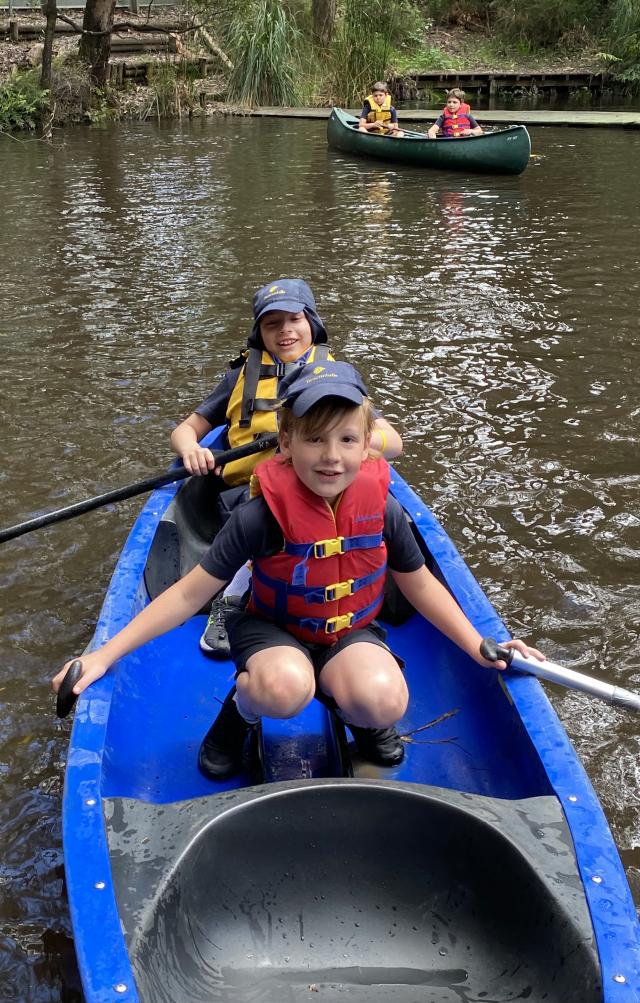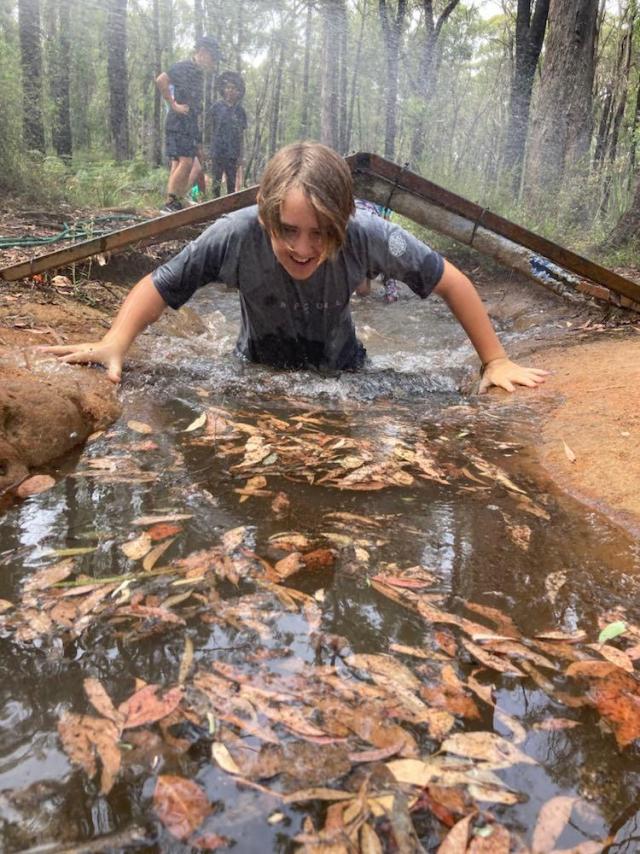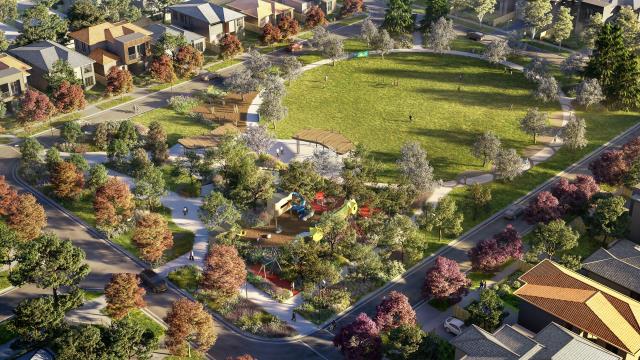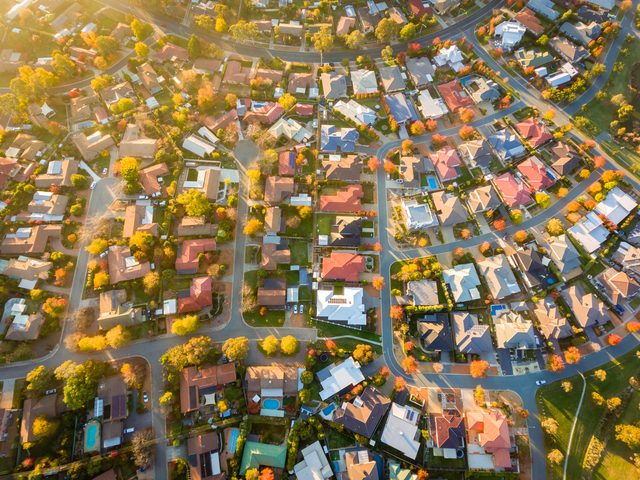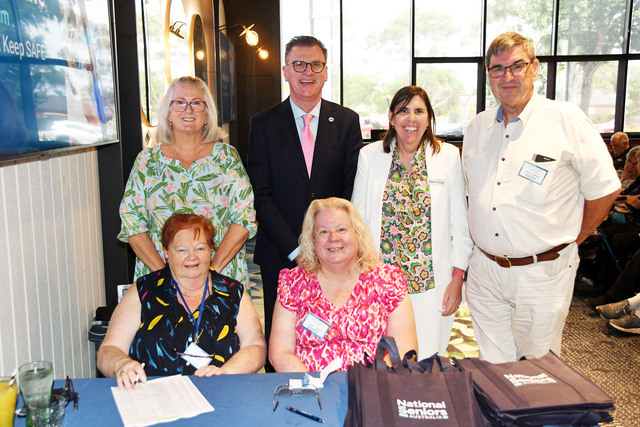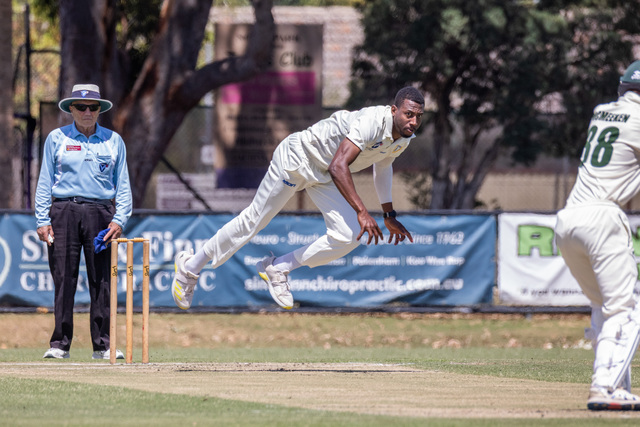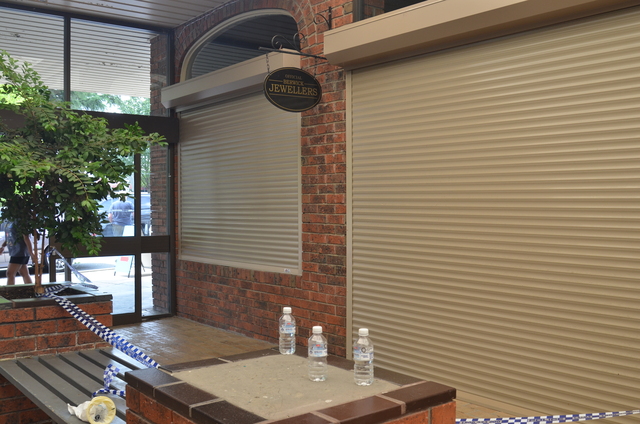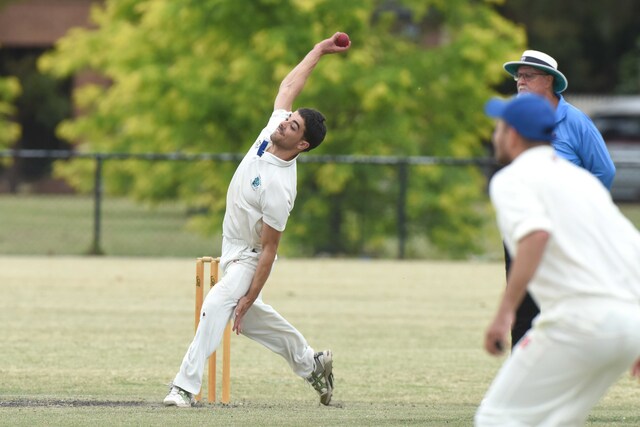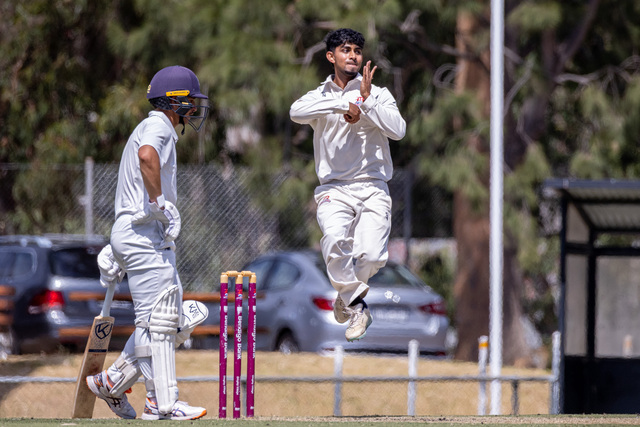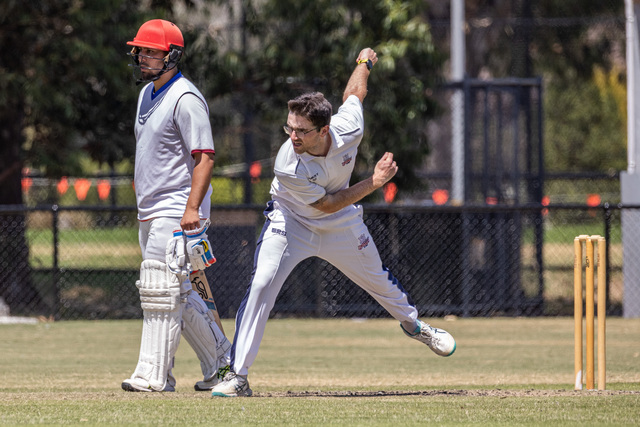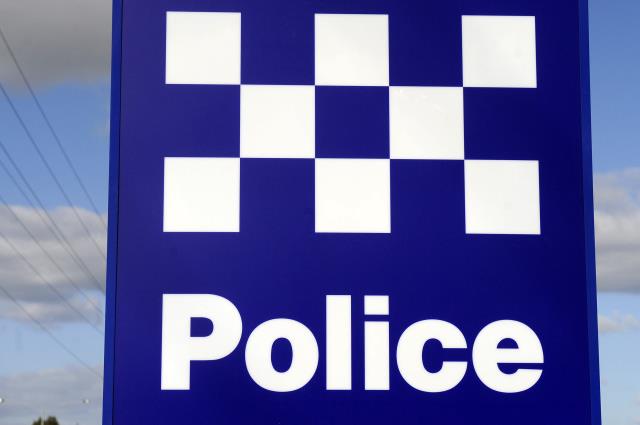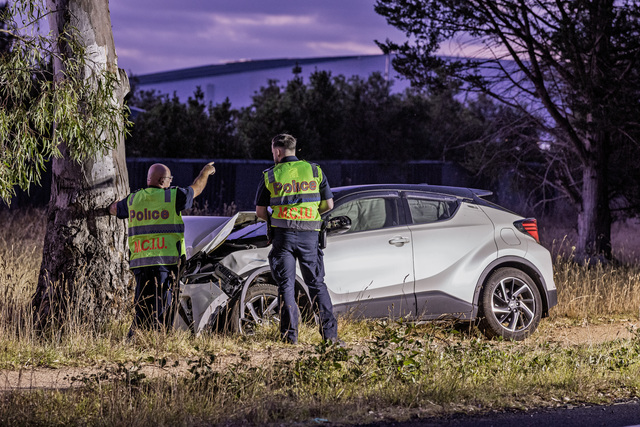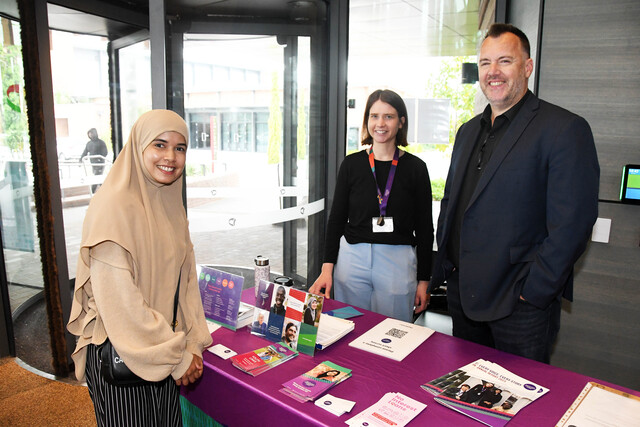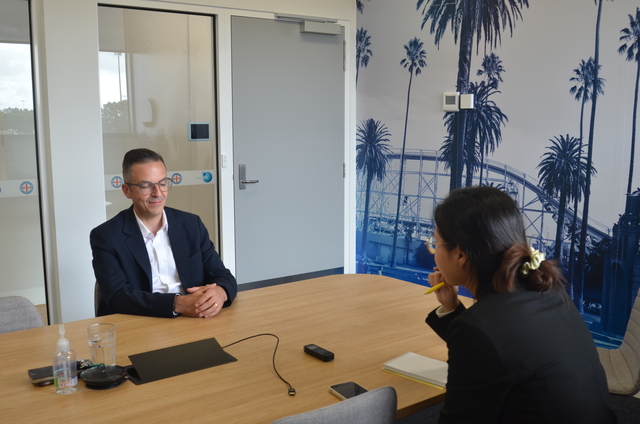School camps are back in full swing at Beaconhills College and students couldn’t be happier.
After two years of disruptions due to pandemic lockdowns, the College’s Beacon Explorers began running activities late last year in preparation for the return to overnight camps in term one.
Beacon Explorers programs give students challenging experiences to help them discover, develop and achieve their potential and encompass all outdoor, global and co-curricular
programs from the Early Years to Year 12.
Last week Berwick Campus Year 7 students were excited to head out to Gembrook’s Gilwell Park for three days of mountain bike riding, an adventure course, hiking and canoeing.
Students particularly loved the water activities, exploring and their downtime at night with bush movie nights and popcorn.
“It is so good seeing kids back out here, it’s the best feeling,” said Beacon Explorers Outdoor Education Co-ordinator Peta Lawler.
Children in Grade 3 enjoyed a day camp at Gilwell Park late in term 3, based around the theme of ‘reconnecting, wellbeing, fun and foundation’, with a focus on reconnecting after a challenging lockdown period.
Hudson Foord, Year 4, loved being in the great outdoors again: “It felt great because we had just been in Covid (lockdown) and last year we didn’t get any camps or excursions,” he said.
“I learnt how to be part of a team and that ‘slow and steady wins the race’. I had so much fun and am looking forward to more camps.”
With the pandemic still impacting some of Beaconhills’ traditional international trips, the Beacon Explorers team has been busy devising a range of experiential options for students
throughout the year.
This year’s camps will include destinations such as The Grampians, Jindabyne/Canberra, Anglesea, the Great South West Walk near Portland, Bright and Mt Buffalo, with a huge range
of activities and challenges – from hiking to abseiling and kayaking, with a focus on leadership, environmental care, community service and Indigenous culture and history.
Head of Beacon Explorers, Sam Maddock, said the team was mindful that students had spent months in lockdown and had missed some of the skills they would normally have gained in the
past two years.
But he pointed to a review commissioned by the Royal Botanic Gardens Victoria (RBGV), which has outlined the growing body of evidence that time spent in nature is good for us – physically, mentally and emotionally.
The RBGV review sought to better understand and harness global studies on the relationship between nature, health and wellbeing.
It cited research exploring the impact of nature experiences for children, showing that access to green space not only “facilitates healthy development in childhood, but also provides long-
term health benefits through adulthood”.
There was also evidence that green space was linked to reduced problematic behaviour and reduced risk of Attention Deficit Hyperactivity Disorder (ADHD), the review said.

